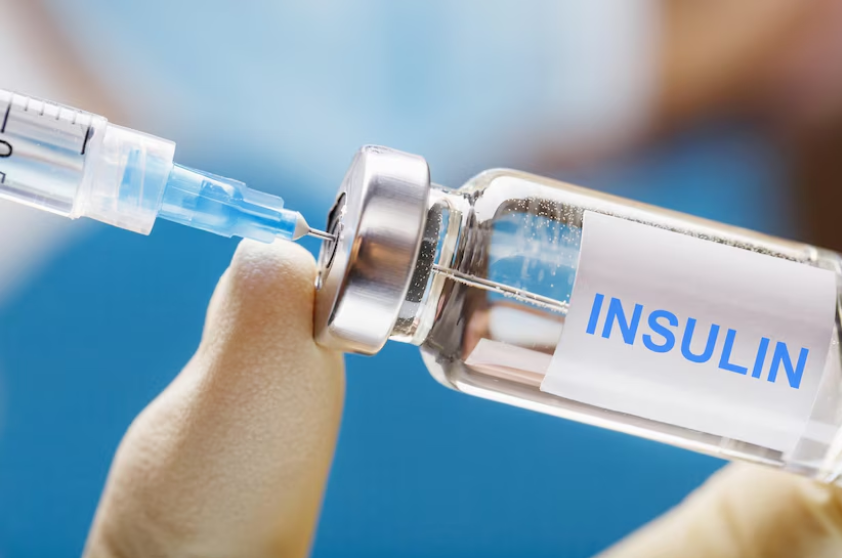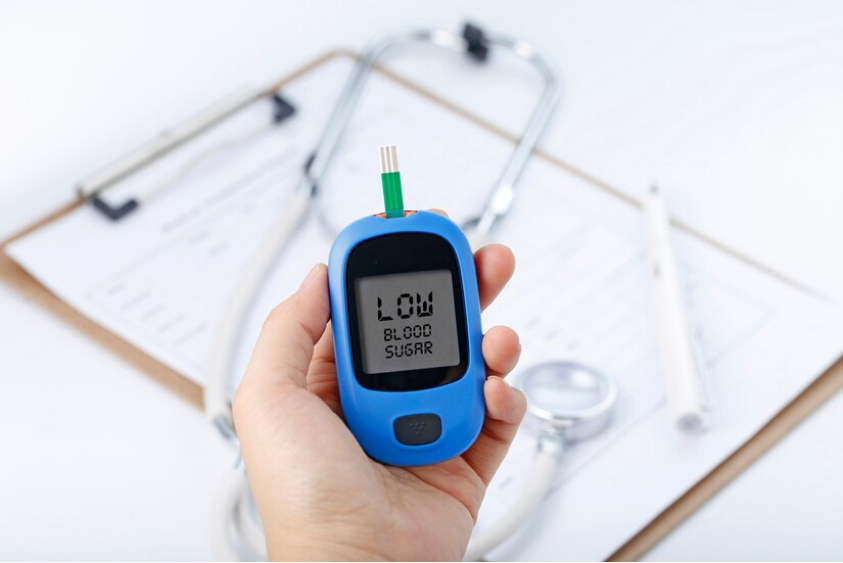

In order for blood sugar levels to maintain enough energy to supply cells, while also preventing damage that can occur when blood sugar levels are continuously high, hormones are needed to participate in regulating blood sugar levels. So what are the hormones involved in regulating blood sugar?
Insulin and glucagon are two main hormones that work together in a balanced way and play an important role in regulating blood sugar levels. These are hormones secreted by cells in the pancreas. While glucagon helps prevent blood sugar from dropping, insulin prevents it from rising too high.

Insulin helps prevent blood sugar from rising too high.
Glucose is the main sugar found in your blood converted from carbohydrates in the foods you eat. This type of sugar is an important source of energy and provides nutrients to the body's organs, muscles and nervous system.
Insulin is secreted by the beta cells of the pancreas. Low levels of insulin continuously circulate throughout the body, helping glucose enter cells . Insulin helps reduce high blood sugar levels to normal levels:
Glucagon is secreted by the alpha cells of the pancreas in a similar way to insulin, but acts in the opposite direction.
Glucagon prevents your blood sugar from dropping too low:

When blood sugar levels are low, more glucagon is released.
The hormones involved in regulating blood sugar levels are insulin and glucagon, which play an essential role in maintaining blood sugar levels. Glucagon will increase blood sugar levels when blood sugar levels decrease and when blood sugar levels increase, insulin reduces sugar levels, avoiding high blood sugar levels that affect your health. Currently, you can provide insulin and glucagon to your body and are used according to your doctor's prescription. To check your condition or if you feel changes in your body, go to a medical facility to be examined.
Nicotinamide mononucleotide (NMN) is a precursor to the synthesis of NAD+, NAD+ is an important coenzyme compound contained in cells. Has the function of converting food into energy to nourish all cells. Therefore, NMN has the ability to delay aging, improve health, and prolong life. In addition, studies also prove that NMN helps control and stabilize blood sugar levels. For middle-aged people or starting to show signs of aging, you can add active ingredients containing NMN, which will help improve health, slow down aging and contribute to effective blood sugar control. fruit.